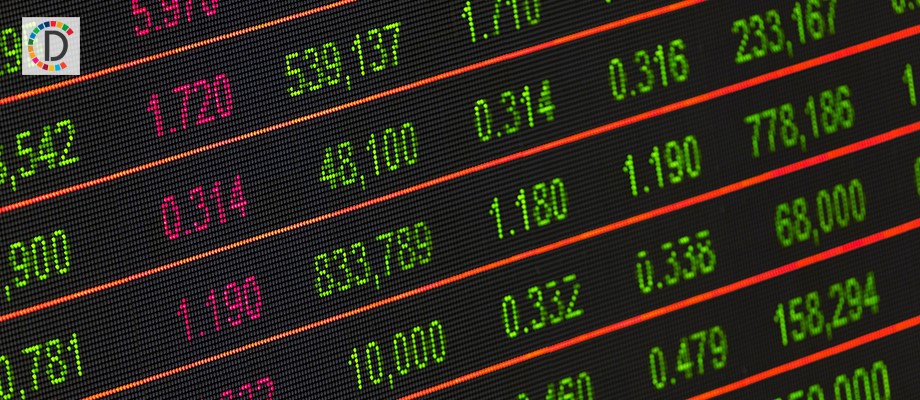IMF funding hopes lift Pakistan stocks, bonds as government scraps fuel price freeze
"The removal of fuel subsidies will likely have political consequences in a period where ex-Prime Minister Imran Khan gave the government six days to announce a date for elections or face further protests," Milo Gunasinghe at JPMorgan said in a note. Former Prime Minister Imran Khan, ousted from government last month following accusations that he mishandled the economy, criticised the hike, which he called the single largest in Pakistan's history.

Pakistan's stocks, sovereign bonds, and currency were lifted on Friday by growing hopes that the country can unlock funding from the International Monetary Fund after the government's overnight decision to end a months-old freeze on fuel prices. Pakistani stocks jumped more than 2% and the country's sovereign dollar bonds jumped more than 3 cents.
Late on Thursday, the government announced it would hike fuel prices after an agreement with the IMF that included an end to fuel subsidies, allowing the resumption of aid from a $6 billion package signed with the IMF in 2019. "The market is reacting to the government's move to withdraw fuel subsidies," Saad Hashemy, executive director at BMA Capital Management, told Reuters. "It shows the government's resolve to address teething issues in the economy and will pave the way for the IMF program and other funding sources."
The benchmark stock index was 2.26% higher at 0544 GMT, according to exchange data. Pakistan's sovereign bond maturing in 2027 gained 3.5 cents to trade at 72.26 cents in the dollar while the more liquid 2025 bonds are up 3.4 cents, Tradeweb data showed.
The currency also rebounded against the dollar on Friday, traders said, following days of declines amid dwindling foreign exchange reserves and speculation that the IMF deal was in trouble. Pakistan's new government, which took charge in April, had been reluctant to remove the fuel price caps, fearing political consequences with elections expected within 16 months.
The consumer price index rose 13.4% in April from a year earlier, and the central bank said this week that it expected a further rise in inflation in the short term after fuel subsidies were removed. "The removal of fuel subsidies will likely have political consequences in a period where ex-Prime Minister Imran Khan gave the government six days to announce a date for elections or face further protests," Milo Gunasinghe at JPMorgan said in a note.
Former Prime Minister Imran Khan, ousted from the government last month following accusations that he mishandled the economy, criticized the hike, which he called the single largest in Pakistan's history. "The incompetent & insensitive Govt has not pursued our deal with Russia for 30% cheaper oil," Khan said on Twitter late on Thursday, hours after ending a protest march demanding immediate elections and warning of another march in six days.
Khan blamed his ouster on a conspiracy between opposition parties and the United States government against his moves to enhance ties with Russia, including a meeting with President Vladimir Putin earlier this year. Washington and his political opponents deny that. Khan implemented the fuel subsidy in his last days in power to soothe public sentiment in the face of double-digit inflation, but the IMF said it deviated from the terms of the 2019 deal.
(This story has not been edited by Devdiscourse staff and is auto-generated from a syndicated feed.)
ALSO READ
Pakistan Accuses India of Terrorism and Regional Destabilization
Pakistan's Struggle Against TTP: A Violent Start to 2023
Supreme Court of Pakistan Seeks Resolution Over Judicial Appointments in Gilgit-Baltistan
Supreme Court of Pakistan Reviews Judicial Appointment Dispute in Gilgit-Baltistan
Stronger Ties: The New Era of Pakistan-US Relations










